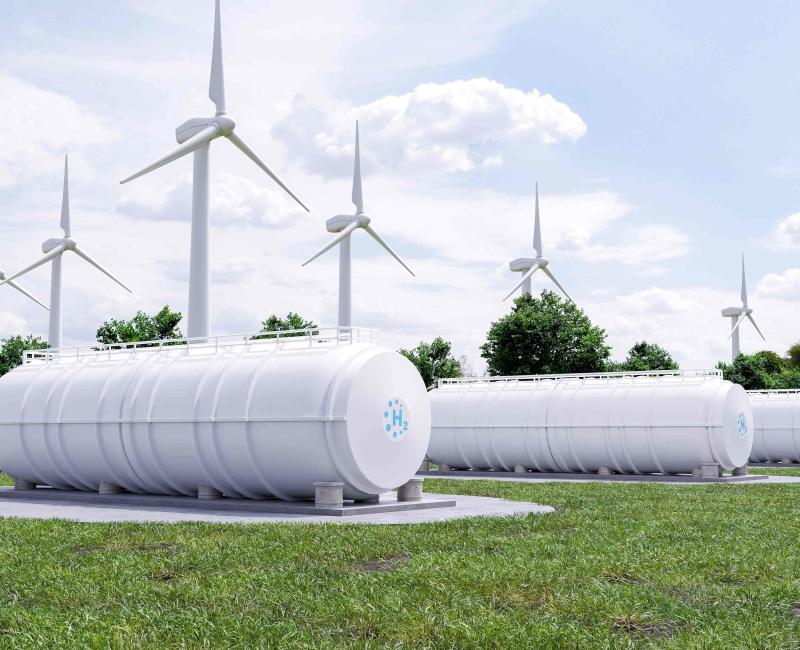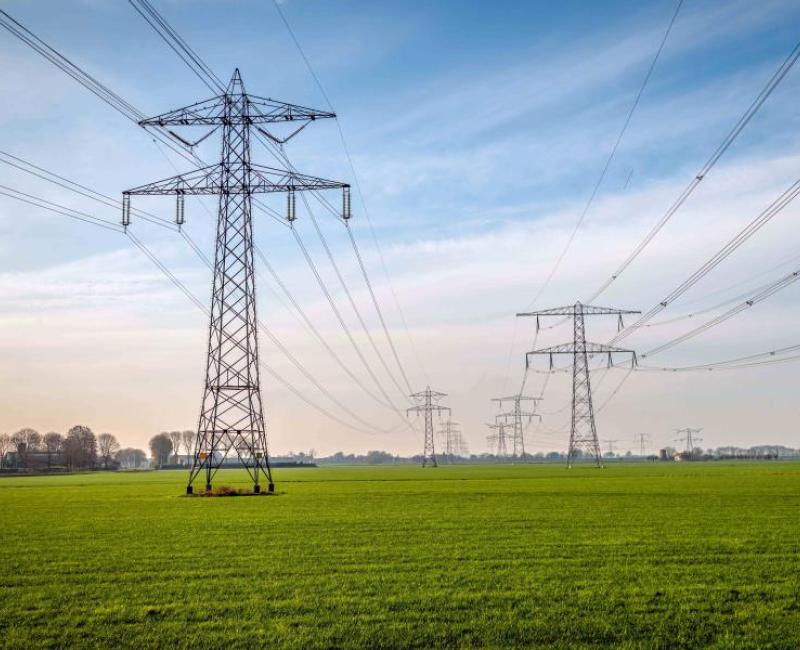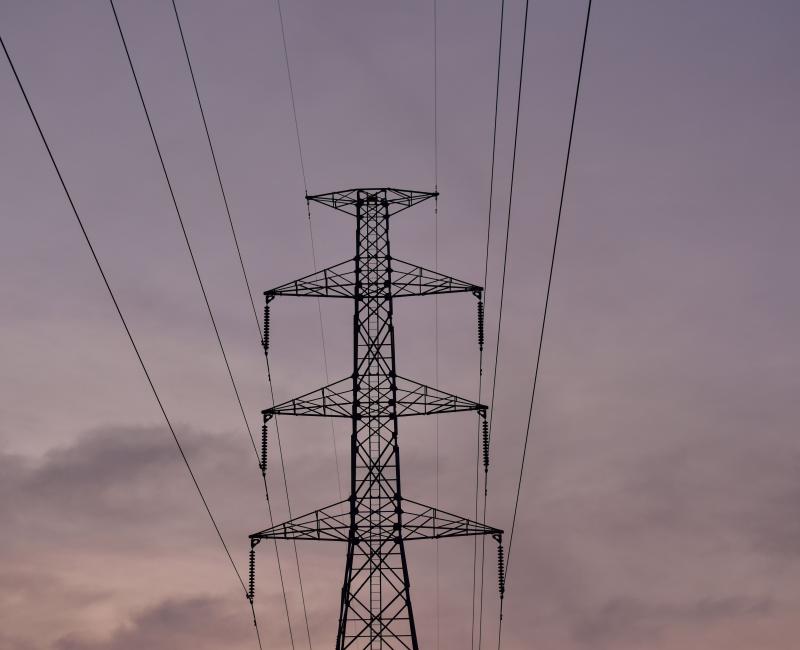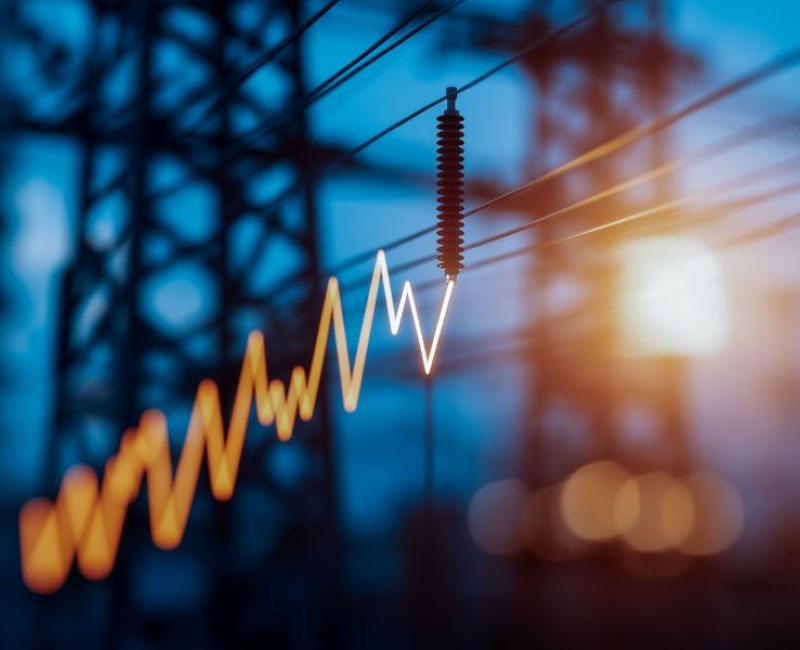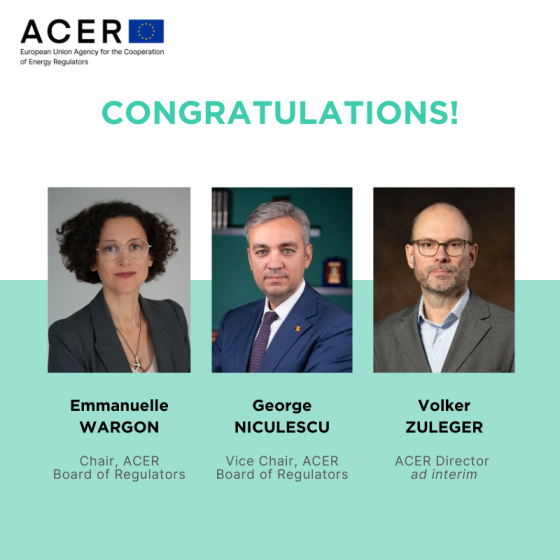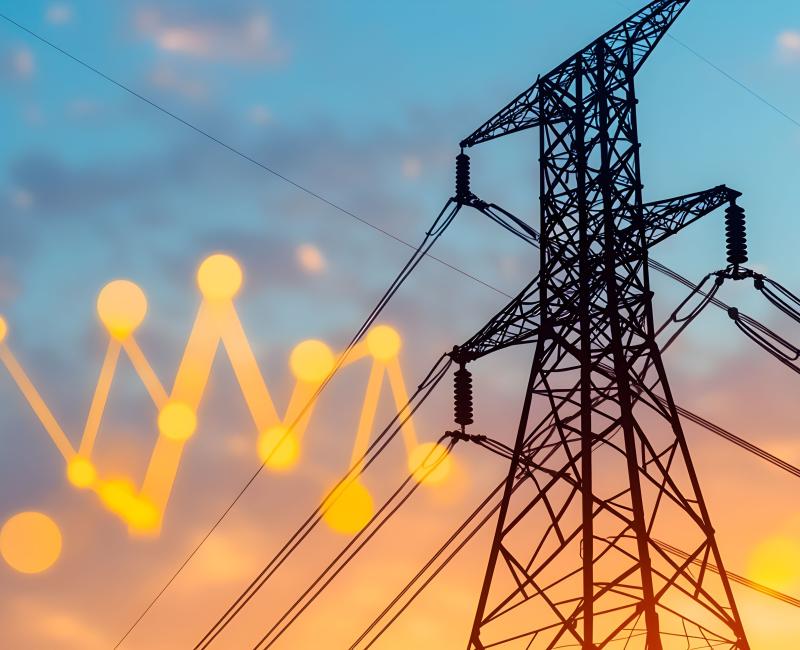ACER invites energy market associations to help shape REMIT implementation

ACER invites energy market associations to help shape REMIT implementation
What is it about?
ACER encourages European associations of energy market participants to engage in stakeholder activities supporting REMIT implementation from 2026 to 2028.
We welcome associations with expertise in the areas of electricity, natural gas, liquified natural gas (LNG) and hydrogen, dealing with supply, transportation and storage, including energy derivatives (where relevant for REMIT reporting framework).
What’s behind this?
The Regulation on Wholesale Energy Market Integrity and Transparency (REMIT) is the EU framework that aims to prevent wholesale energy market abuse and support fair competition. The Regulation was revised in 2024 to keep pace with evolving market dynamics.
To ensure the revised Regulation is implemented effectively and consistently, ACER works closely with different stakeholders across the EU. European associations of energy market participants are key to bringing practical experience and sector-wide perspectives that help align implementation with real market practices.
How will associations contribute?
Associations participating in ACER’s stakeholder activities will:
- provide input on the revision of the REMIT data reporting framework, including updates to the reporting guidance; and
- exchange views on practical aspects of REMIT implementation and related challenges.
Engagement may include targeted consultations, roundtable meetings, webinars or other interactive activities, allowing associations to directly contribute to shaping REMIT implementation.
Who can join?
ACER plans to establish two lists of associations:
- EU associations of energy market participants, representing members from several EU Member States, to take part in regular stakeholder activities.
- Associations of energy market participants, representing international, national or local views, to be engaged on an ad hoc basis depending on the topic.
ACER will seek balanced and diverse participation, representing different energy market segments and expertise at EU level.
Interested in applying?
Submit your application by 31 October 2025. Late submissions will not be considered.
